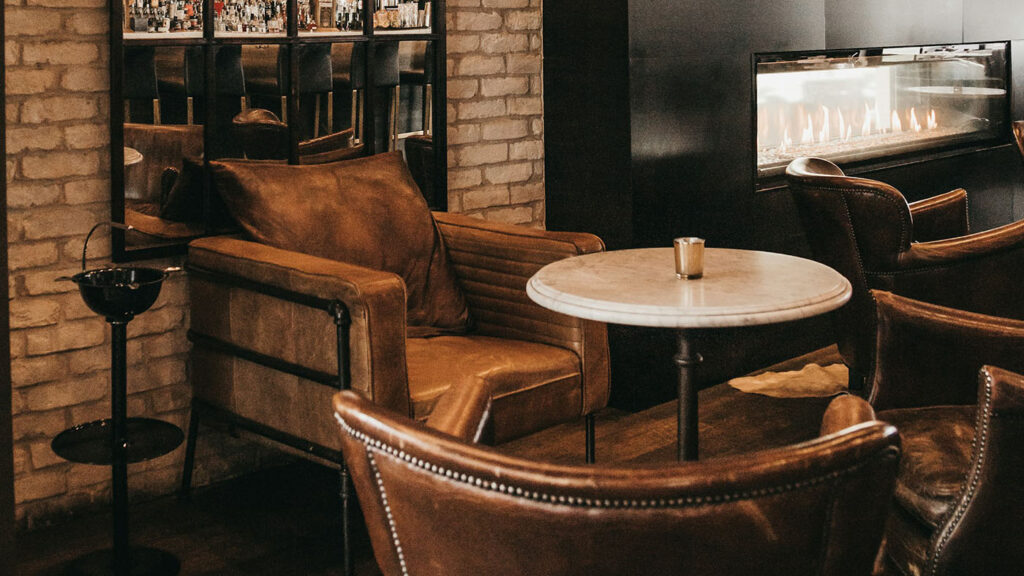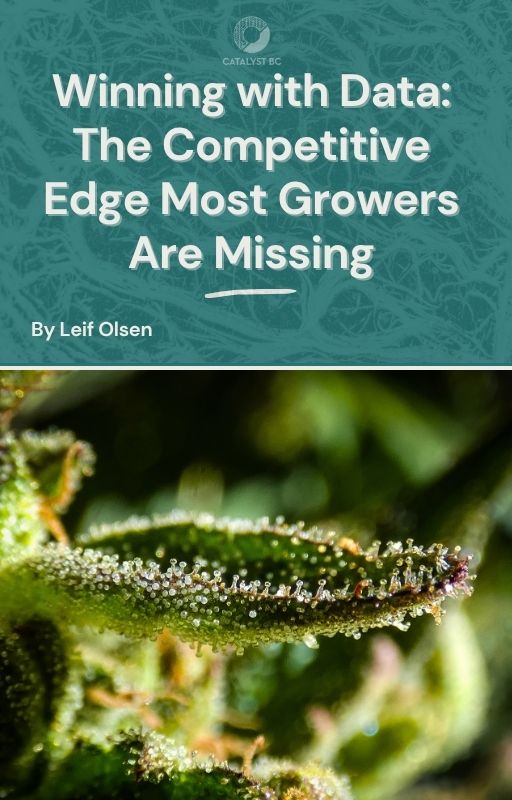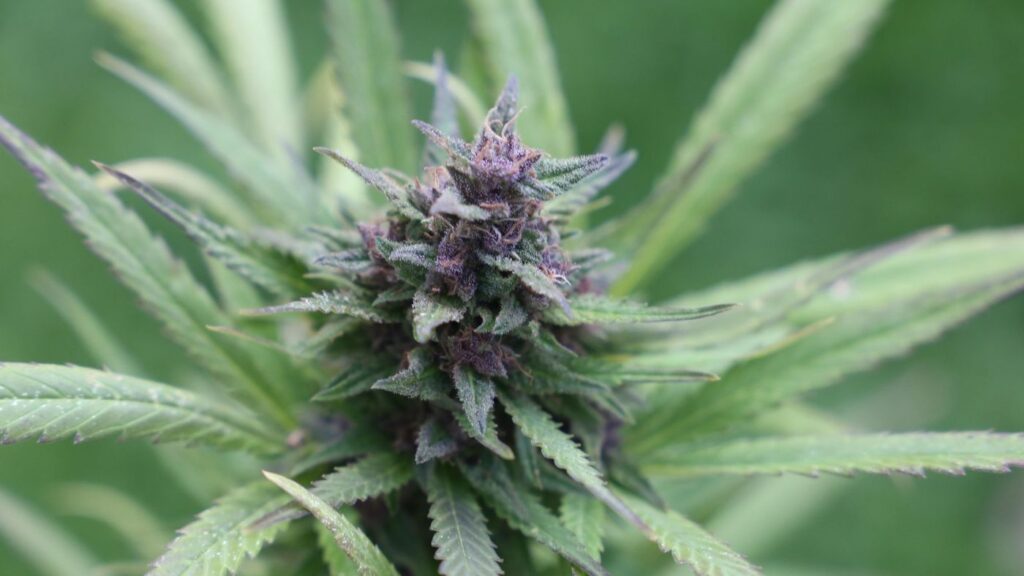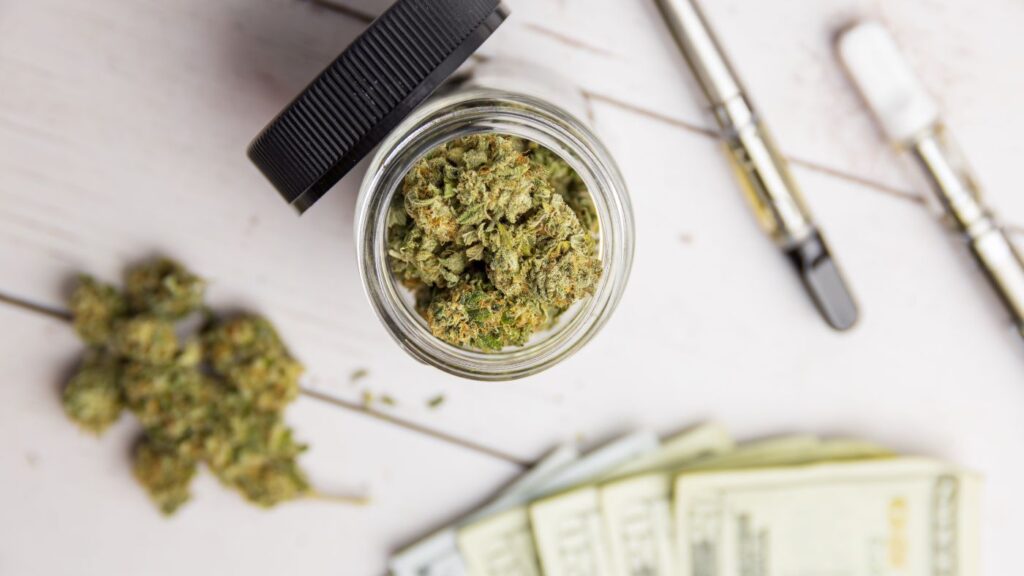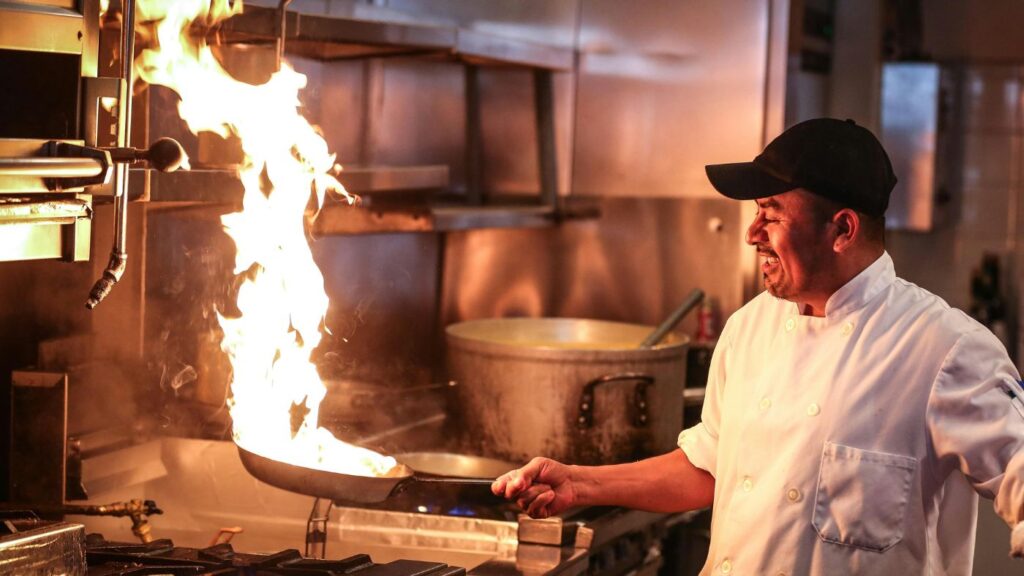Estimated reading time: 9 minutes
Table of contents
- Introduction
- Understanding Local Zoning Regulations
- Evaluating Foot Traffic and Visibility
- Assessing Community Sentiment
- Evaluating Parking and Accessibility
- Weighing Lease vs. Purchase
- Analyzing Competitive Landscape
- Conducting a Site Feasibility Study
- Leveraging Municipal Outreach and Incentives
- Bringing It All Together
- Ready to Find Your Perfect Lounge Location?
- Cannabis Lounge Location FAQs
- Additional Resources
- Free eBooks For Cannabis Business Success
- Latest Articles
Cliff Notes: How to Choose the Right Cannabis Lounge Location
Objective:
Find the best cannabis lounge location with expert Cannabis Consultant tips on zoning, traffic, and feasibility studies.
Key Components:
- Zoning laws heavily impact lounge viability; buffer zones near schools and parks are a key consideration.
- Foot traffic and visibility are vital for customer acquisition—ideal spots have high pedestrian counts and good transit access.
- Community sentiment can make or break your approval process; early outreach builds trust and support.
- Accessibility and parking must be ADA-compliant and frictionless for guests.
- Leasing vs. buying depends on capital, long-term plans, and risk tolerance—both have pros and cons.
- Competitive landscape analysis helps identify gaps in the market and potential for niche positioning.
- Site feasibility studies combine all critical factors to give a go/no-go recommendation.
- Municipal incentives such as tax breaks or licensing discounts may be available for certain locations.
Catalyst BC offers full-spectrum Cannabis Consulting support—from site selection to compliance and launch. Explore our services or contact us today for a Complimentary Consultation.

Introduction
Opening a cannabis consumption lounge isn’t just about designing an inviting interior or curating an on-site menu—it all starts with finding the right spot. A thoughtfully chosen location will maximize foot traffic, satisfy zoning laws, and earn community goodwill, setting the stage for long-term success. As seasoned Cannabis Consultants, Catalyst BC guides you through each step of the site-selection journey, from preliminary feasibility to municipal outreach.
Understanding Local Zoning Regulations
Before touring spaces, you must get intimately familiar with state and local zoning laws. Jurisdictions often restrict cannabis lounges to certain commercial or mixed-use districts. Moreover, buffer requirements—minimum distances from schools, parks, churches, and youth-oriented businesses—can eliminate seemingly attractive parcels.
Conditional-use permits: In many jurisdictions, cannabis lounges require a conditional-use permit rather than a by-right zoning approval, triggering public hearings.
State vs. municipal rules: Some states preempt local laws, while others leave zoning entirely to cities and counties.
Buffer zones: For example, a 300-foot setback from schools is common; measure from property lines, not building footprints.
Our Cannabis Consulting team performs a detailed zoning map analysis, overlaying buffer zones and land-use districts to pinpoint compliant parcels—and weed out problem sites before you invest a dime.
Evaluating Foot Traffic and Visibility
Foot traffic fuels impulse visits—particularly in urban centers. Yet high pedestrian counts often come with premium rents. Balance cost against the potential customer base:
Visibility & frontage: Corner locations or spaces with window frontage invite walk-by interest.
Pedestrian counters: Utilize municipal foot-traffic studies or third-party pedestrian-flow data.
Transit nodes: Proximity to subway stops, bus lines, or bike-share docks can significantly boost visitor numbers.
We suggest conducting demographic heat-mapping and use GIS tools to analyze daytime and evening foot-traffic patterns—ensuring your lounge sits where your target customer already walks.
Assessing Community Sentiment
Cannabis remains stigmatized in some neighborhoods. Early engagement with local stakeholders—residents, business associations, and neighborhood councils—can head off objections at the conditional-use hearing stage.
- Community surveys: Short, informal surveys of local businesses and residents gauge sentiment.
- Neighborhood meetings: Hosting an information session demonstrates transparency and builds trust.
- Partnerships: Aligning with nearby eateries or wellness centers can turn potential opponents into allies.
Our Cannabis Consultants can facilitate municipal outreach workshops, crafting talking points and presentation materials that address community concerns—and highlight job creation and local tax benefits.
Evaluating Parking and Accessibility
No matter how compelling your concept, poor accessibility will deter guests. Consider:
- On-site parking: Dedicated spots for members and first-time visitors reduce friction.
- Shared lots: If leasing in a mixed-use complex, confirm available stall counts and enforceability.
- ADA compliance: Accessible entry ramps, reserved parking stalls, and unimpeded pathways aren’t optional.
It’s suggested to perform on-site parking capacity audits and liaise with property managers to formalize shared-use agreements—avoiding summertime lot conflicts or holiday shortages. Our Cannabis Consulting team can assist with this process.
Weighing Lease vs. Purchase
Leasing offers flexibility but exposes you to landlord restrictions—especially when negotiating build-out allowances. Purchasing can grant control but requires deeper capital outlay and involves entitlement risks. Key considerations:
- Lease term & options: Aim for at least 5- to 10-year initial terms with renewal options.
- Tenant improvement (TI) allowances: Negotiate TI credits to cover ventilation, security, and interior partitioning.
- Ownership due diligence: Title searches must verify no deed restrictions prohibit cannabis consumption.
As your Cannabis Consultants, will work in alignment with and real-estate advisors to help negotiate favorable TI packages, rent escalations, and ensure your lease or purchase agreement explicitly permits cannabis lounge operations.
Analyzing Competitive Landscape
Proximity to other cannabis lounges can be both a blessing and a curse. A clustered “cannabis district” attracts more overall foot traffic, but you’ll face direct competition. Evaluate:
- Existing operators: Visit nearby lounges to gauge capacity, vibe, and price points.
- Service gaps: Is the local market underserved in a particular demographic? Perhaps a wellness-focused lounge could fill a niche.
- Spillover effects: A cannabis tourism trail can bolster all operators if marketed collectively.
We can perform a competitive SWOT analysis, identifying your lounge’s unique selling proposition (USP)—whether it’s 24/7 hours, artisanal edibles, or curated music events—to outshine neighboring venues.
Conducting a Site Feasibility Study
A formal feasibility study combines all the above factors—zoning, traffic, community, parking, cost, and competition—into a structured report with clear go/no-go recommendations. Typical deliverables include:
- Market-size estimates and revenue projections
- Build-out cost ranges and breakeven analysis
- Regulatory-approval timeline and risk matrix
Our Cannabis Consultants deliver turnkey site feasibility studies, complete with pro forma financials, permitting roadmaps, and contingency planning—so you know the precise investment and timeline required before signing.
Leveraging Municipal Outreach and Incentives
Some cities offer tax abatements or licensing-fee reductions for cannabis operators in designated redevelopment zones. Early engagement with planning and economic-development departments can unlock:
- Enterprise-zone incentives
- Workforce-training grants
- Local licensing waivers
We map potential incentive programs and shepherd your applications—helping you secure thousands in savings and accelerate your opening.
Bringing It All Together
Choosing the ideal cannabis lounge location is a multifaceted exercise—requiring legal expertise, market insight, and community diplomacy. With Catalyst BC’s end-to-end Cannabis Consulting services, you’ll gain a strategic partner who:
- Deciphers complex zoning codes
- Identifies high-value, compliant sites
- Negotiates landlord and municipal agreements
- Produces data-driven feasibility studies
…and helps you open your doors on schedule and on budget.
Ready to Find Your Perfect Lounge Location?
Whether you’re launching your first lounge or expanding into a new market, our cannabis consultants deliver expert guidance every step of the way—so you can open with confidence and thrive with purpose.
Catalyst BC offers full-spectrum Cannabis Consulting support—from site selection to compliance and launch. Explore our services or contact us today for a Complimentary Consultation.
Cannabis Lounge Location FAQs
Buffer distances vary—commonly 300–1,000 feet. Always verify local code setbacks via municipal maps or Catalyst BC’s zoning analysis.
In most jurisdictions, yes—unless the parcel is already zoned specifically for cannabis hospitality.
For an ideal cannabis lounge location, look for areas with at least 2,000 daily pedestrians, but balance against rent and competition metrics.
Yes, if the center’s CC&Rs permit on-site cannabis use—our team verifies deed and lease restrictions for you.
A common standard is 1 parking space per 75–100 sq ft of consumption area; confirm with local planning staff.
Potentially—rural cannabis lounge locations benefit from lower rents but require destination-marketing strategies to draw patrons. Consider creative event and social media strategies to reach larger local audiences.
Zoning and conditional-use approvals can take 3–9 months, depending on public-hearing schedules.
Early stakeholder outreach and transparent communication—facilitated by Catalyst BC—can mitigate pushback.
Leasing is lower-risk for startups; ownership can pay off long-term if you have capital and patience for entitlements.
Navigating the cannabis lounge space is complex—one misstep can delay your opening or jeopardize your license. A specialized Cannabis Consultant brings deep regulatory knowledge, operational best practices, and hands-on project management.
From initial concept and licensing to grand opening and ongoing compliance, Catalyst BC’s end-to-end Cannabis Consulting services ensure you launch faster, stay compliant, and maximize profitability.
Additional Resources
Free eBooks For Cannabis Business Success
Latest Articles
- Utah Medical Cannabis Pharmacy License Applications Open for 2025: Eligibility, Deadlines, and RequirementsThe Utah Department of Agriculture and Food (UDAF) has officially launched the first application period for two independent medical cannabis pharmacy licenses, running from July 1 through July 31, 2025. Originating from House Bill 54, passed during Utah’s 2025 legislative session, these new pharmacy licenses aim to broaden medical cannabis access in medically underserved areas across the state.
- Cannabis Startup Costs: From Licensing to ProfitabilityStarting a legal cannabis business isn’t just about getting a license—it’s about building a profitable, compliant, and sustainable operation in one of the world’s most capital-intensive and regulated industries. Many entrepreneurs enter this space with many goals, good intentions, and passion, but ultimately fail because they underestimate the cost, complexity, experience, and time required to turn a cannabis license into a thriving business.
- Cannabis License Pitfalls: How to Avoid Common Cannabis Licensing MistakesAs new adult-use programs launch, many entrepreneurs are eager to start growing, processing, or selling cannabis. Excitement runs high, but the industry’s heavy regulations and complex operations can quickly overwhelm even experienced business owners. Common mistakes include underestimating compliance requirements, rushing facility design, skipping proper procedures, and more.
- Maximizing Your Minnesota Cannabis Microbusiness or Mezzobusiness LicenseMinnesota’s new adult-use cannabis law allows microbusinesses (one store, up to 5,000 sq ft indoor, ½ acre outdoor) and mezzobusinesses (up to 3 stores, 15,000 sq ft indoor, 1 acre outdoor) to cultivate, manufacture, sell, and transport cannabis under one license. These vertically integrated licenses offer flexibility, but also come with complex state rules.
- The Recipe for a Top-Tier Cannabis DispensaryOperating a highly reviewed, top-performing cannabis dispensary takes more than simply stocking product and unlocking the doors. It requires operational discipline, regulatory expertise, top-tier customer service, dynamic merchandising, and a culture of accountability and community. With the cannabis industry continuing to expand—and regulations constantly evolving—success is defined by how seamlessly a dispensary integrates compliance, product curation, staff training, and marketing into day-to-day operations.
- Minnesota Lottery Results: June 5 Cannabis License Drawings and What’s NextThe Minnesota Lottery for cannabis business licenses reached a pivotal milestone on June 5, as the Office of Cannabis Management (OCM) conducted randomized drawings for select license types. These lotteries were open to both social equity applicants and general applicants vying for limited licenses to operate as cultivators, manufacturers, and mezzobusinesses. Additionally, a separate lottery was held exclusively for social equity applicants seeking a retail cannabis license.

